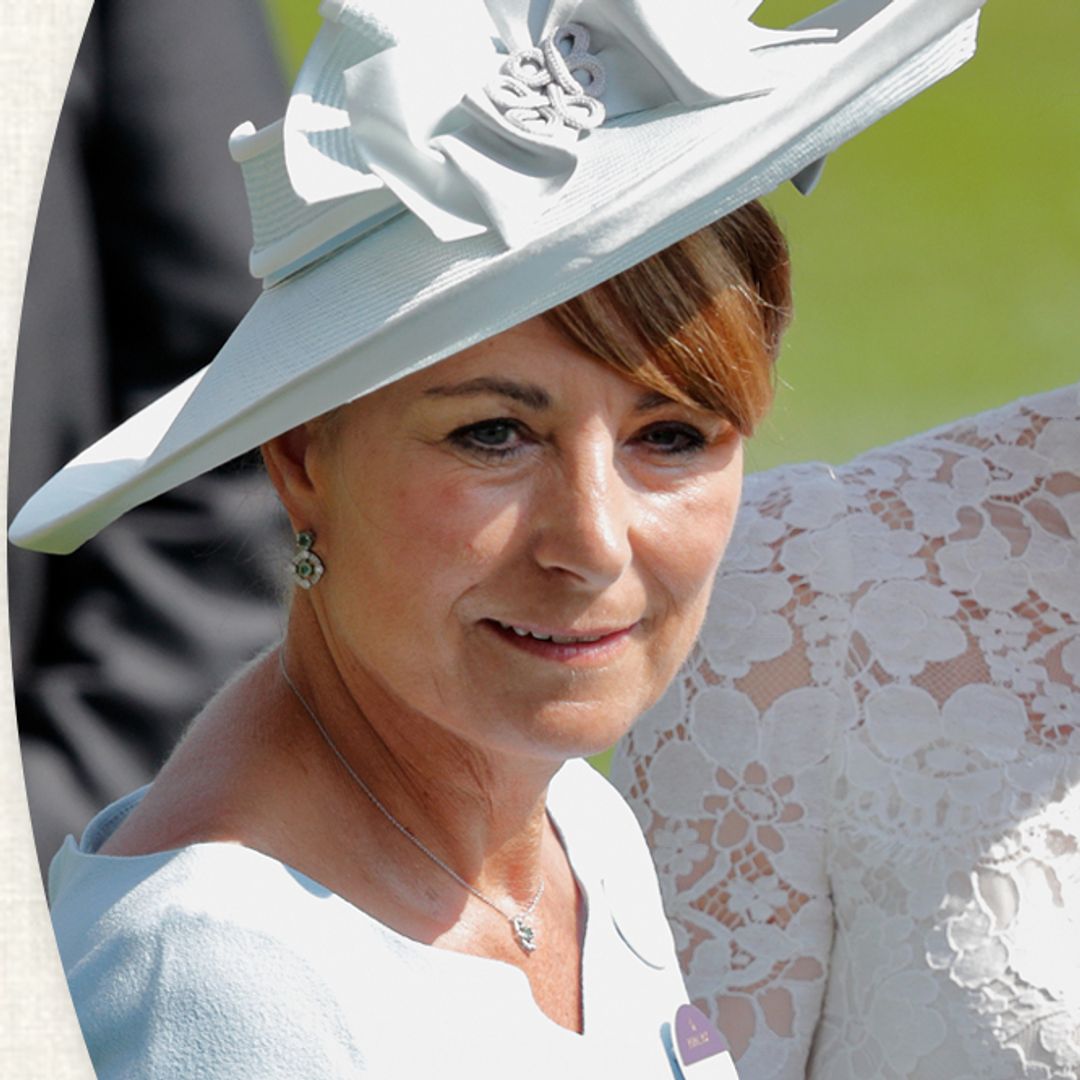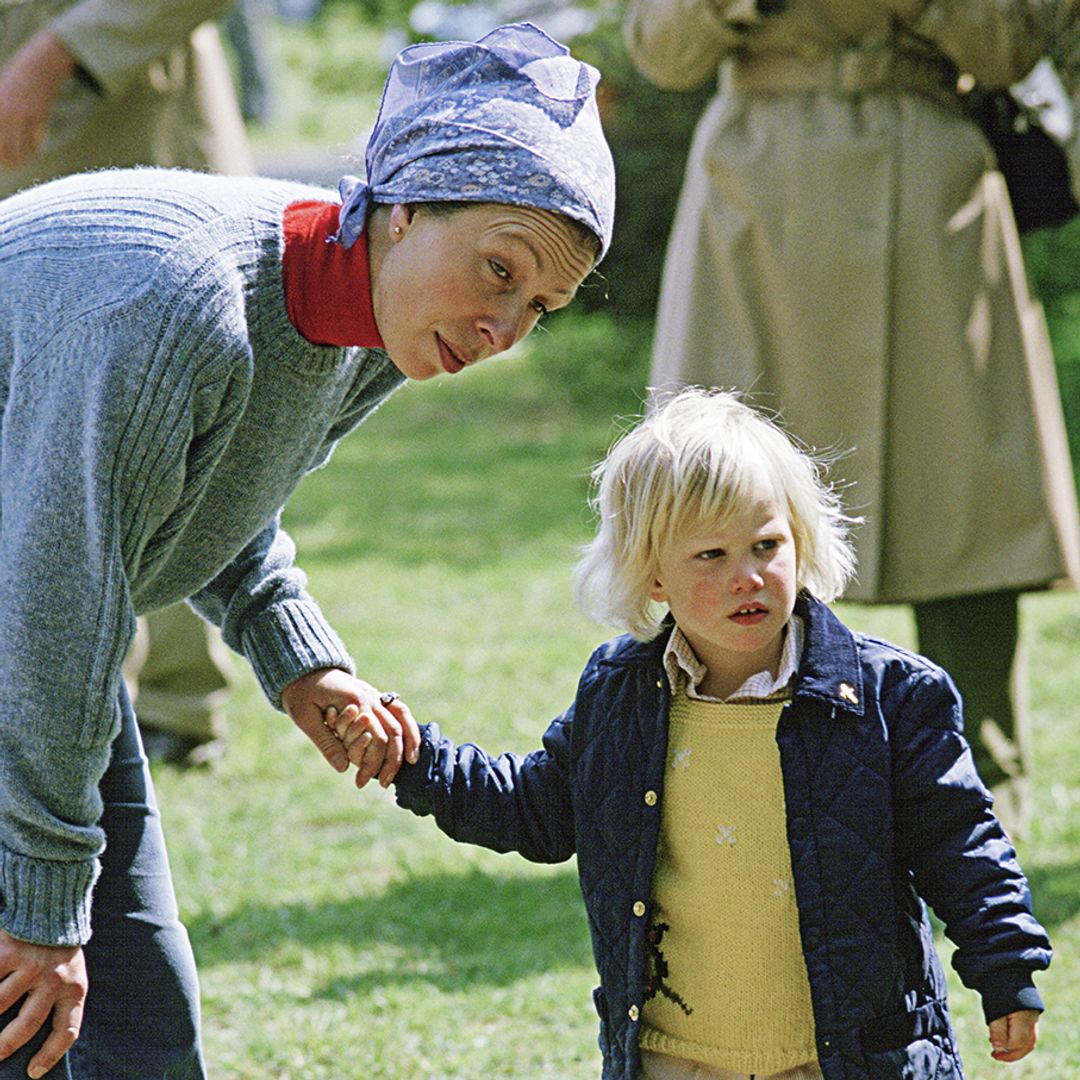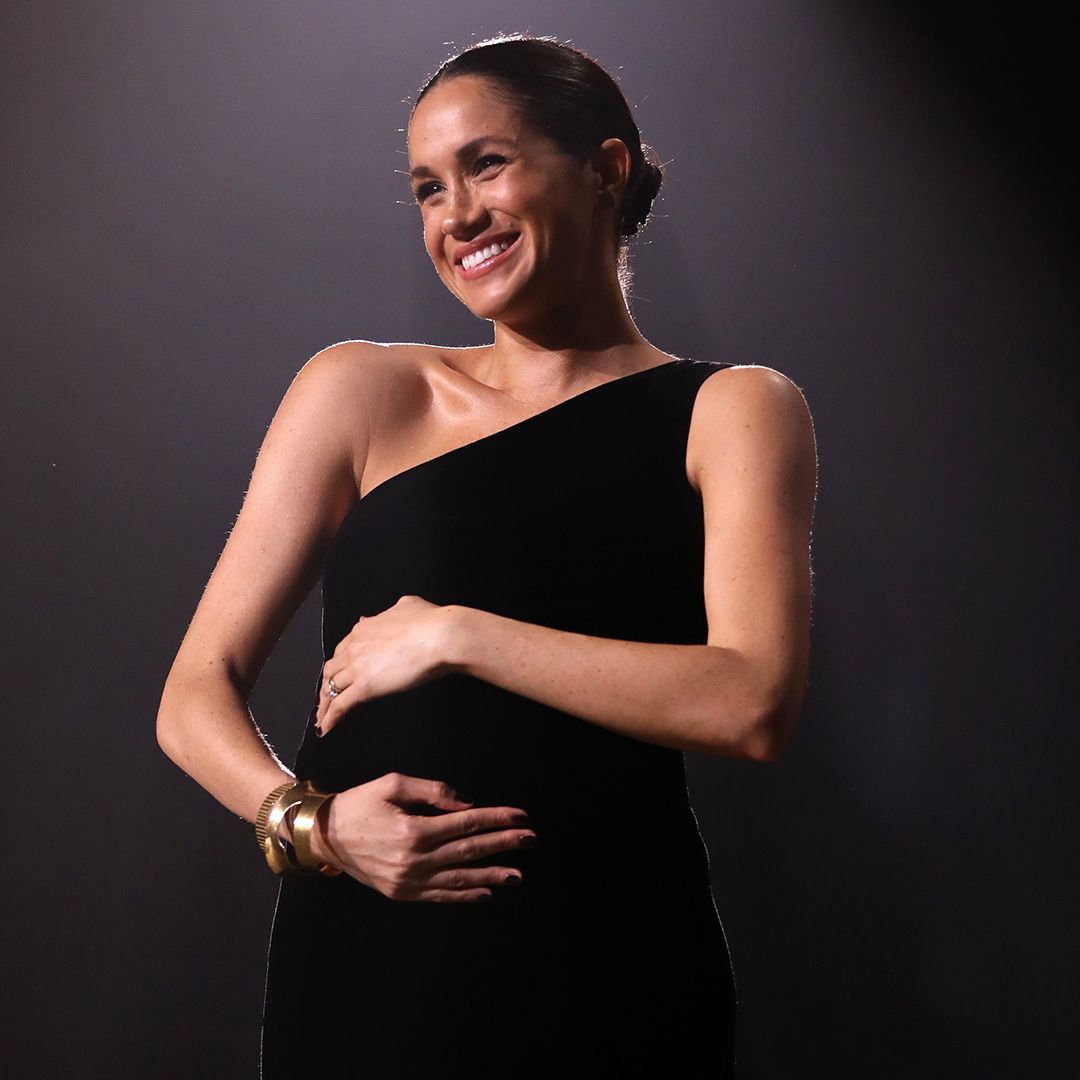As a mother of two, the Duchess of Cambridge will already know what to expect during pregnancy, having gone through the experience with Prince George and Princess Charlotte. Kate, who is expecting her third child with husband Prince William, is currently suffering from Hyperemesis Gravidarum, a type of severe morning sickness. But what other highs and lows can she – and fellow pregnant women – expect at each trimester? Elizabeth Duff, senior policy advisor at parents' charity NCT, shares her knowledge.
First trimester
1. Skin pigmentation can change during early pregnancy and usually this means a slightly darker look – a more tanned complexion.
2. Among the well-known 'cravings' experienced in pregnancy is often a desire for salt or salty foods in the first few weeks. Any sickness at this time may mean you have reduced sodium levels and the craving for salt may reflect a need to replace this.
3. Hormone levels can change fluid levels all over the body, in ways you may not expect. Some women find they can no longer easily wear contact lenses anymore.
4. Some women may need to start wearing maternity clothes/elasticated trousers earlier as muscles are looser and likely to stretch sooner.
5. Mums may not get as much rest second time round with older children around.
Second trimester
1. In a second or third pregnancy, awareness of the baby moving may be a little earlier than the first time around. Patterns of movement vary a lot between babies, some mums reporting seeing a complete somersault being achieved by their unborn babies!
2. Pelvic pain – or 'symphysis pubis dysfunction' – can unfortunately kick in at about this time, though also may do so at any stage of pregnancy. The ligaments between the pelvic bones stretch and sometimes trigger pain or uncomfortable feelings of pinching or grinding.
3. People will be even more interested to find out the sex and what you're having.
4. It can be nice sharing the pregnancy with the older child or children and for them to learn about how they were in your tummy before and how they were born.
Third trimester
1. It's not always widely realised that production of colostrum and breastmilk can start well before the birth of the baby. A few women find there are drops of colostrum appearing even from six months of pregnancy. It may be a bit of a nuisance but it's a great sign that you're not likely to be lacking milk when you need it.
2. The bump’s getting big and pressing on other internal organs, so may find you are off to the loo much more often than usual! When you've relieved yourself, try moving the bump about a bit with your hands, as fluid may get trapped in the upper bladder by the pressure and movement can free it, possibly meaning fewer trips to the ladies overall.
3. First time, it is harder to know if you are going into labour. But the second or third time around, the feelings (Braxton Hix contractions) could be clearer and more distinct.
4. Women say second and third births can be quite a bit quicker. 5. Women might feel anxious about the birth due to experiences during other pregnancies and labour, but midwifes and doctors can give extra support and help to reassure.
NCT's helpline offers practical and emotional support in all areas of the antenatal experience, birth and early parenthood: 0300 330 0700. NCT also provide Refresher antenatal courses for those parents who have already had at least one baby. They offer a chance to reflect and build on past birth experiences and prepare yourself for looking after your new baby. Visit the website at nct.org.uk.









